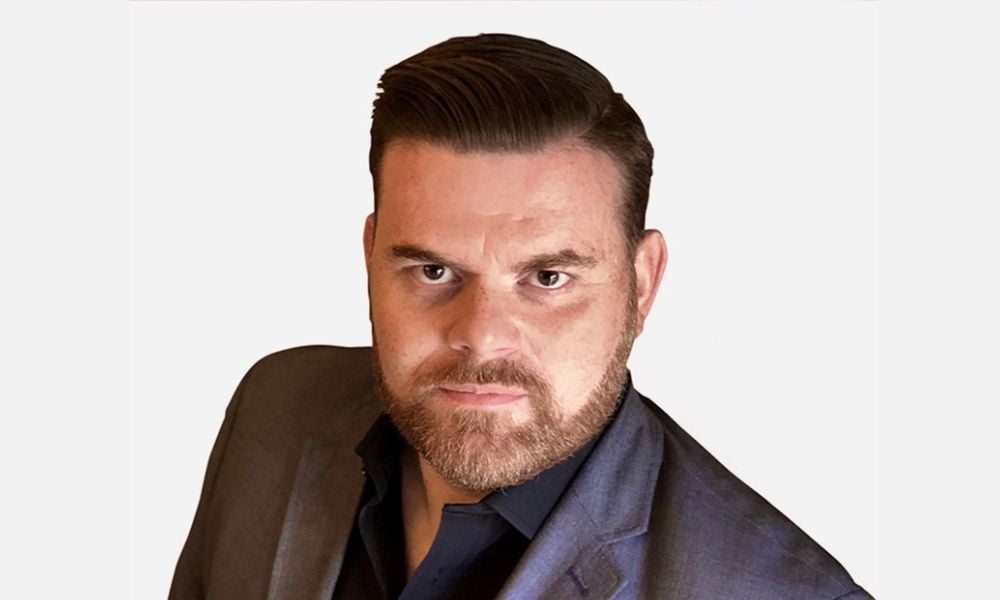Canadian tech trailblazer says the time is now for HR professionals to adopt AI technology

Although Canada has been shown to be one of the world’s most innovative hubs of AI technology, Canadian companies are lagging behind in adoption.
HR in particular has been slow to adopt what Qaiser Habib, Director of Engineering of Snowflake Canada, said are revolutionary tools that will soon change the role of the HR professional completely.
Before leading one of Snowflake’s Global Engineering hubs, Habib led DoorDash's International Expansion Organization and Amazon’s Labor Planning product.
“Every role is going to reinvent itself, and the HR profession is no different. There's almost this ‘HR professional 2.0’ that needs to be invented, which is AI-equipped. Whoever gets on this opportunity will be years ahead of their peers in opportunities, in career development,” said Qaiser.
“The key thing here is, there's a first-on-board advantage, because not everybody is tapping into that, and people are still skeptical. People are not sure if AI is for them or if they can even learn it. And so, my biggest advice would be to go out and try it out. It's become drastically easy to try out generative AI.”
The time is now for HR professionals to adopt AI
It has never been easier to learn to use a new technology, Habib said, explaining that compared to other technologies, AI – especially generative AI such as ChatGPT – can be picked up and used by anyone who has the desire.
Plus, the tools can be used right now on HR processes that formerly would have been time and resource intensive.
“Previously, in best case scenarios, you’d have very expensive software … you’d rely on people operations and business analysts and others to crunch the data and give you the insights that you need so you can learn from your strategies,” he said. “Now, all you have to do is type your question into a generative AI model, and ask what you need and it’ll tell it to you right away.”
“So this is a game changer, because now HR, business leaders can make decisions on their own. The time for decisions being made and data being analyzed is cut down from weeks to minutes. It's dramatic.”
Limitations still exist with AI adoption
Addressing a common concern of potential AI users, Habib admitted that while AI has many useful applications even so early in its development, it does have limitations requiring human eyes on the work it produces. For this reason, Habib recommends using AI tools for repetitive, time-consuming tasks such as analyzing data and crunching numbers, but not important business decisions.
But this aspect of AI will only get better with time, he said, pointing out the speed at which ChatGPT and other generative AI tools have improved in only the short time since they came into general use.
“The technology is lightyears ahead of where it was 10 years ago, but it still has miles to go. There's a lot of work still to be done,” Habib said. “This industry is evolving at a very fast pace. I would say that it’s going to get better in a year or two … the speed is very fast. But the key thing here is to get in while it's still learning, because that opens up opportunity for tons of business ideas for HR professionals.”
For women and other groups who are traditionally underrepresented in the tech industry, Habib said that there has never been a better time to enter.
Pointing out that the AI industry is almost at its starting point, and that the requirements for participating are much easier to attain through self-education or other methods that don’t involve university degrees, it is a much more accessible field with desirable new roles appearing all the time.
Individuals who are already working in their desired industries can create valuable niches for themselves within their current roles by beginning to use and apply AI.
“The beauty of AI is that you don't need to be a software engineer, you don't need to be tied to this career alone,” Habib said. “You can be an HR professional, or a recruiting professional, even a restaurant manager, the tech part translates to a lot more industries,” Habib said. “Now people who are not so much interested in pure software or pure tech careers will now have the opportunity to use tech in an industry that they're passionate about. So I'm really excited because that means a lot more people will get the representation they deserve, which they have not been getting so far.”








